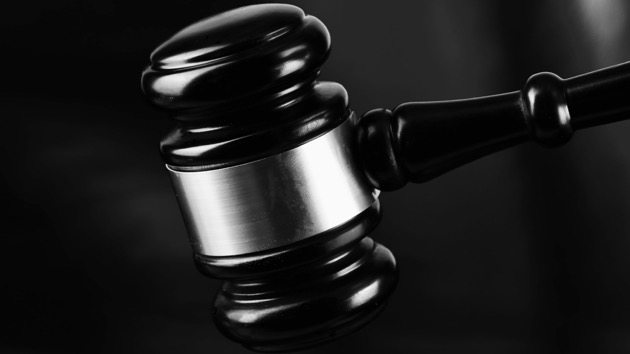(NEW YORK) — Deliberations began Tuesday in former President Donald Trump’s defamation and battery trial that’s based on a civil lawsuit brought by writer E. Jean Carroll.
Carroll, who brought the lawsuit in November, alleges that Trump defamed her in his 2022 Truth Social post by calling her allegations “a Hoax and a lie” and saying “This woman is not my type!” when he denied her claim that Trump raped her in a Bergdorf Goodman dressing room in the 1990s.
The former Elle magazine columnist added a charge of battery under a recently adopted New York law that allows adult survivors of sexual abuse to sue their alleged attacker regardless of the statute of limitations. Trump has denied all allegations that he raped Carroll or defamed her.
The jury is considering whether to hold Trump liable for battering Carroll and for defaming her and, if so, whether she deserves to be paid damages.
The verdict form requires the jury to answer ten questions, including which degree of battery, if any, for which to hold Trump liable. The jury could find Trump liable for raping Carroll, for sexually abusing her, or for forcibly touching her. Any of the three would be enough to find Trump committed battery against Carroll, and the jury could then consider what damages to impose, if any.
The judge reminded the jury that the standard of proof is less in a civil case than it is for a criminal case. Carroll must prove her claims by a preponderance of the evidence and not beyond a reasonable doubt.
“Each of you must decide for yourself the answers to the questions I put to you,” Judge Lewis Kaplan said. “Your answers to each question are to be unanimous.”
Before deliberations started, Trump posted on social media, “Waiting for a jury decision on a False Accusation where I, despite being a current political candidate and leading all others in both parties, am not allowed to speak or defend myself, even as hard nosed reporters scream questions about this case at me. In the meantime, the other side has a book falsely accusing me of Rape, & is working with the press. I will therefore not speak until after the trial, but will appeal the Unconstitutional silencing of me, as a candidate, no matter the outcome.”
Early in the trial the judge had admonished the defense over Trump’s social media posts about Carroll and her allegations. The judge did not address this most recent post, but previously indicated that if Trump wanted to speak about the case he should testify under oath, which Trump declined to do.
In a civil case jurors are allowed to draw a negative inference when a defendant decides not to testify.
“He just decided not to be here. He never looked you in the eye and denied raping Ms. Carroll. Never did that,” Carroll’s attorney, Michael Ferrara, told jurors during the trial.
Defense attorney Joe Tacopina said there was no reason for Trump to appear because Carroll’s story was “completely made up” and lacked credibility because she could not pinpoint when the alleged rape occurred.
“And if Donald Trump testified, what could I have asked him?” Tacopina said. “Where were you on some unknown date 27 or 28 years ago?”
Noting the media coverage of the case, the judge told jurors, “Hopefully you have not partaken of any of it, or allowed anybody to communicate it to you.”
The judge then sent the jury off to deliberate with a reminder not to freelance.
“In reaching your decision on the facts, it is your sworn duty to follow all the rules of law that I explained to you,” he said. “I know you’re going to do you duty and render a just and true verdict.”
Copyright © 2023, ABC Audio. All rights reserved.












